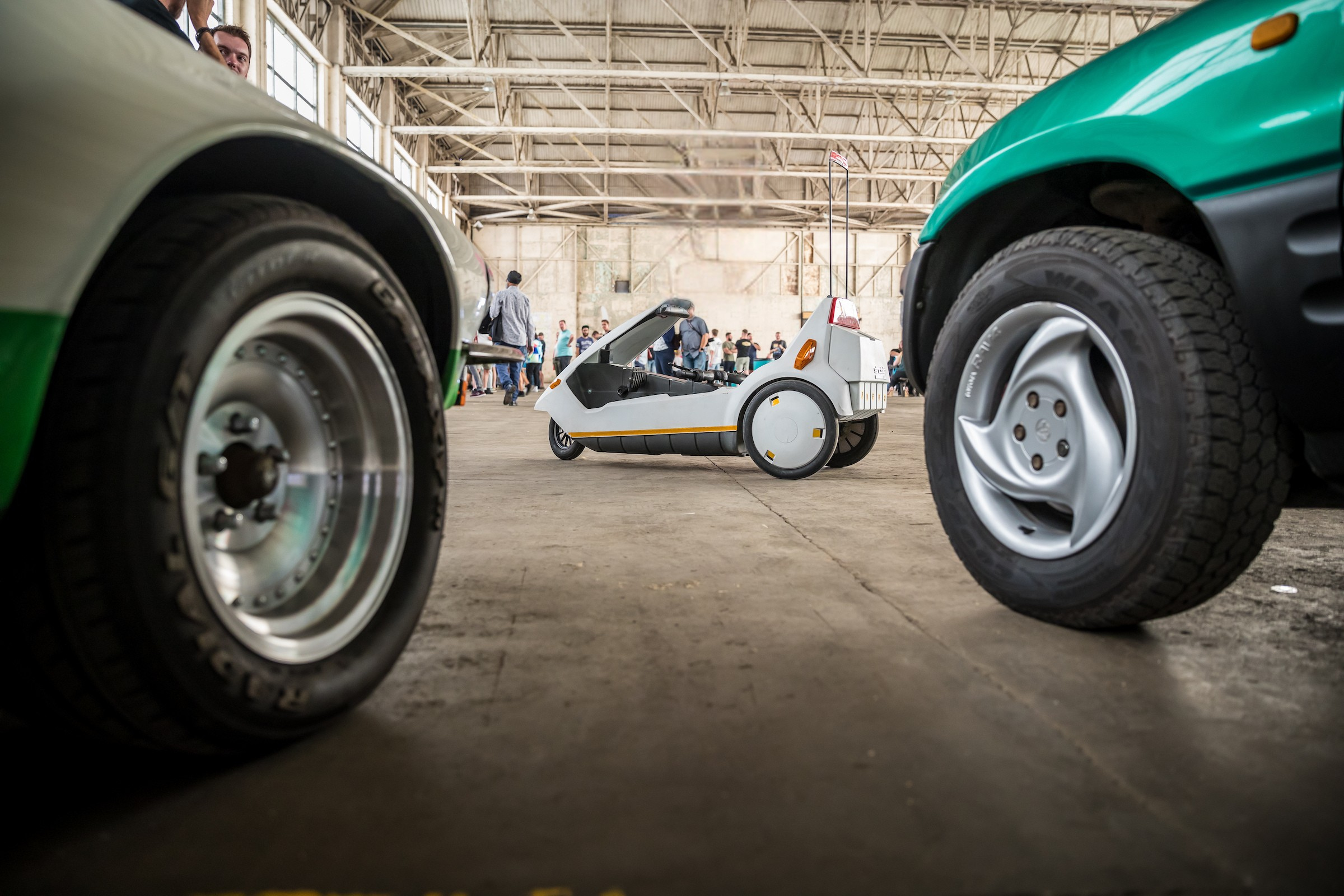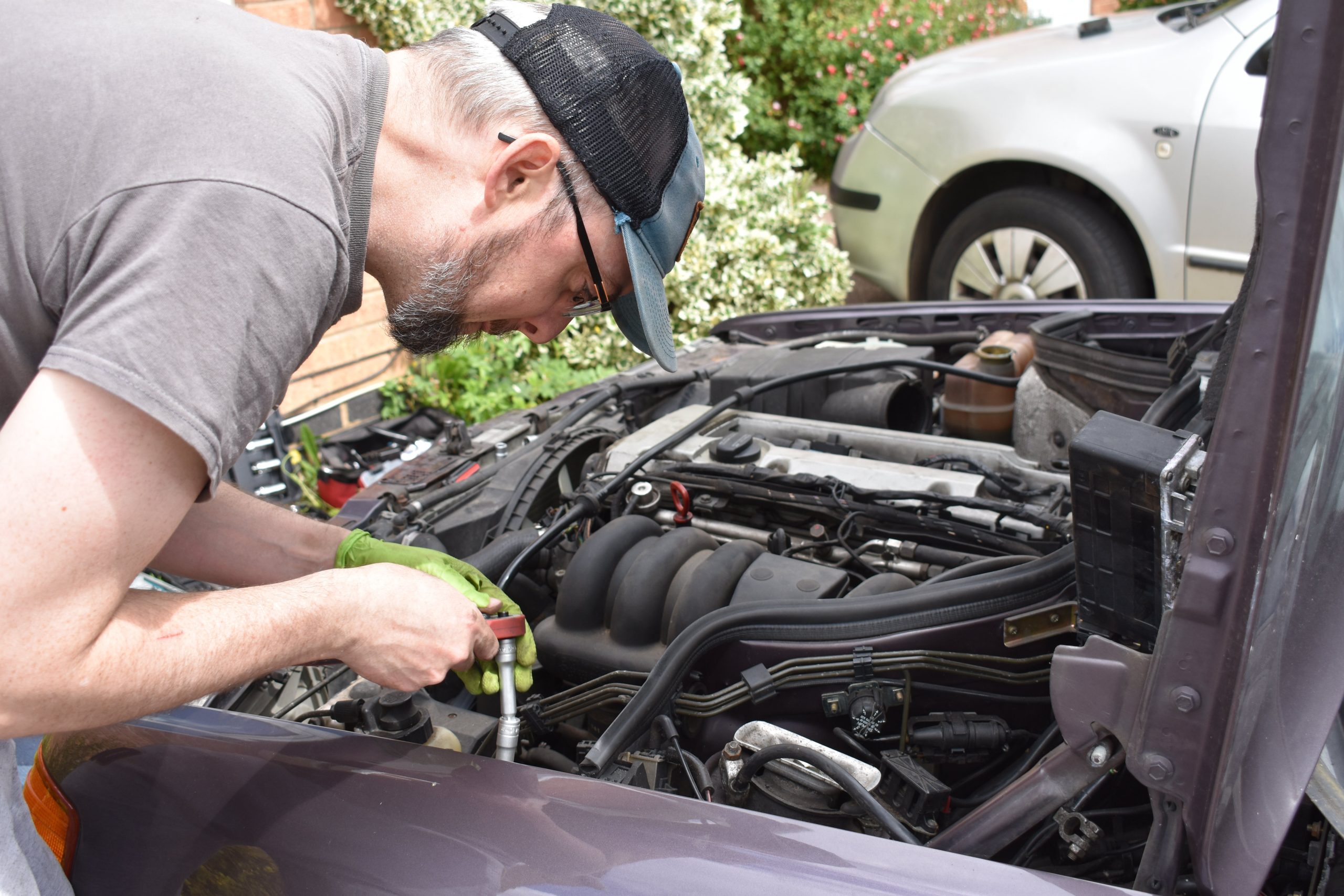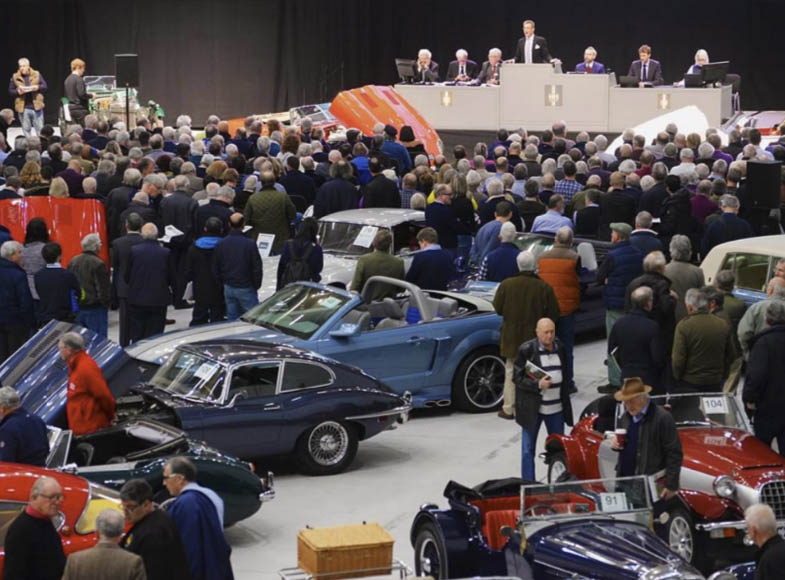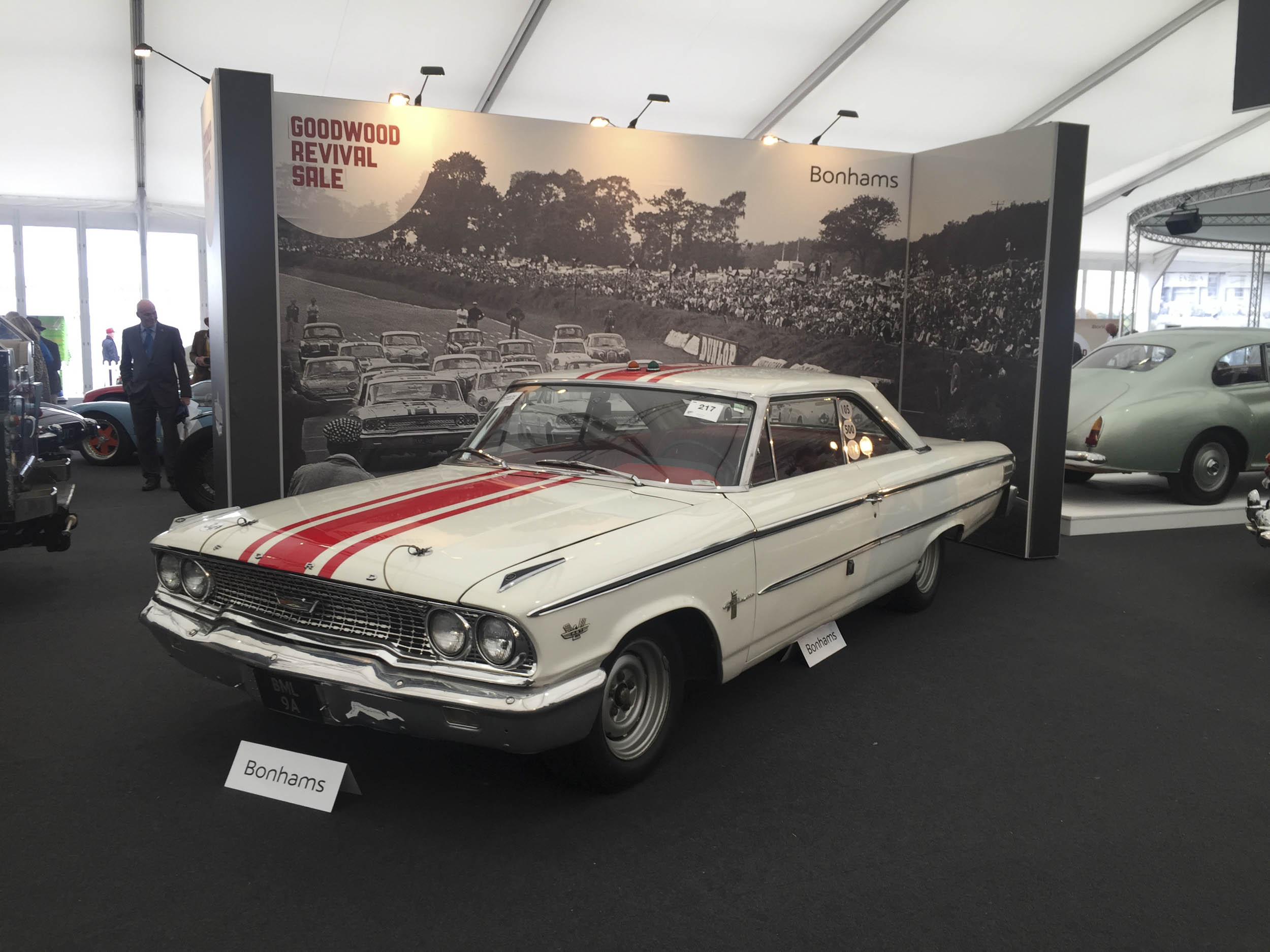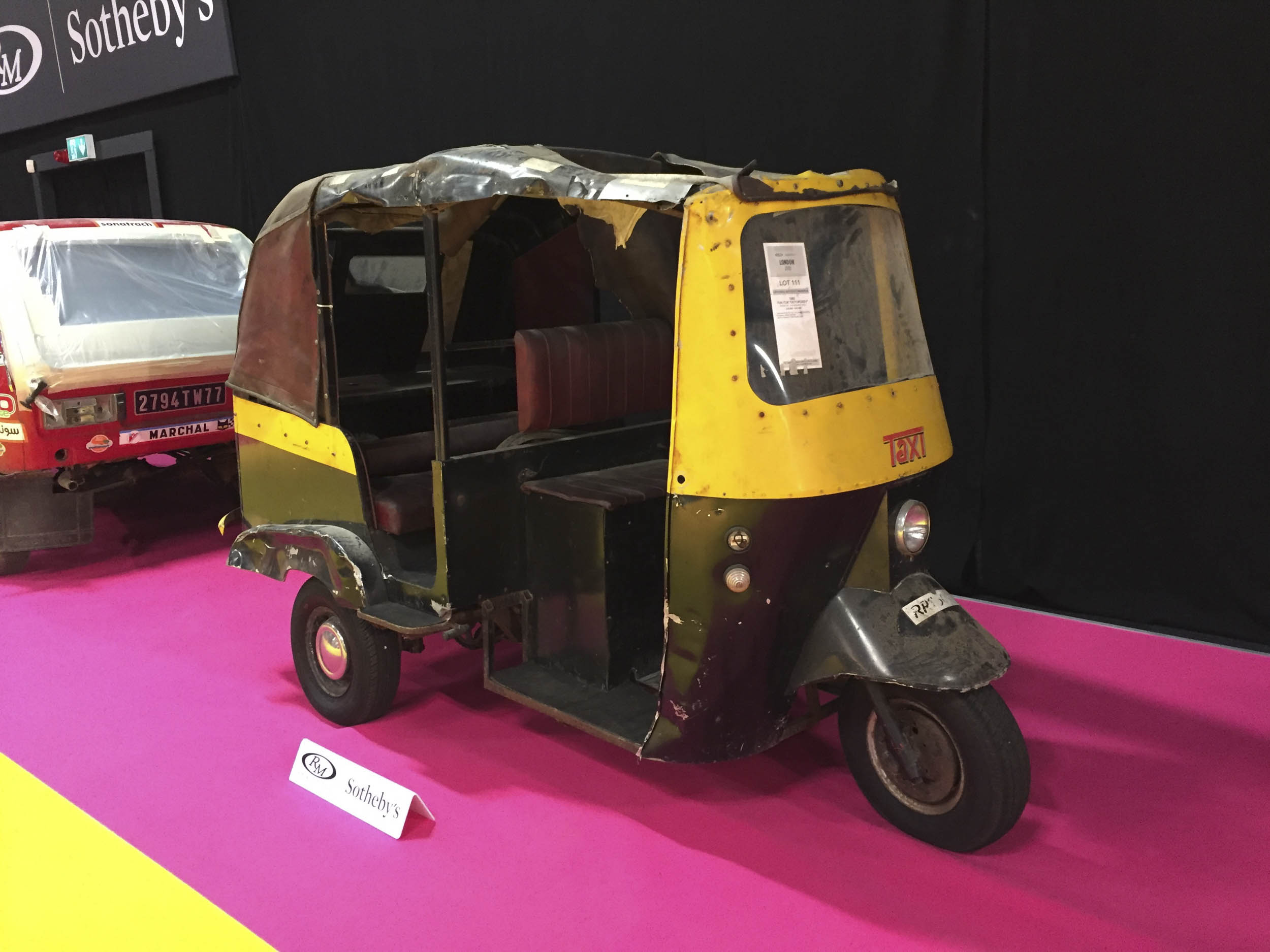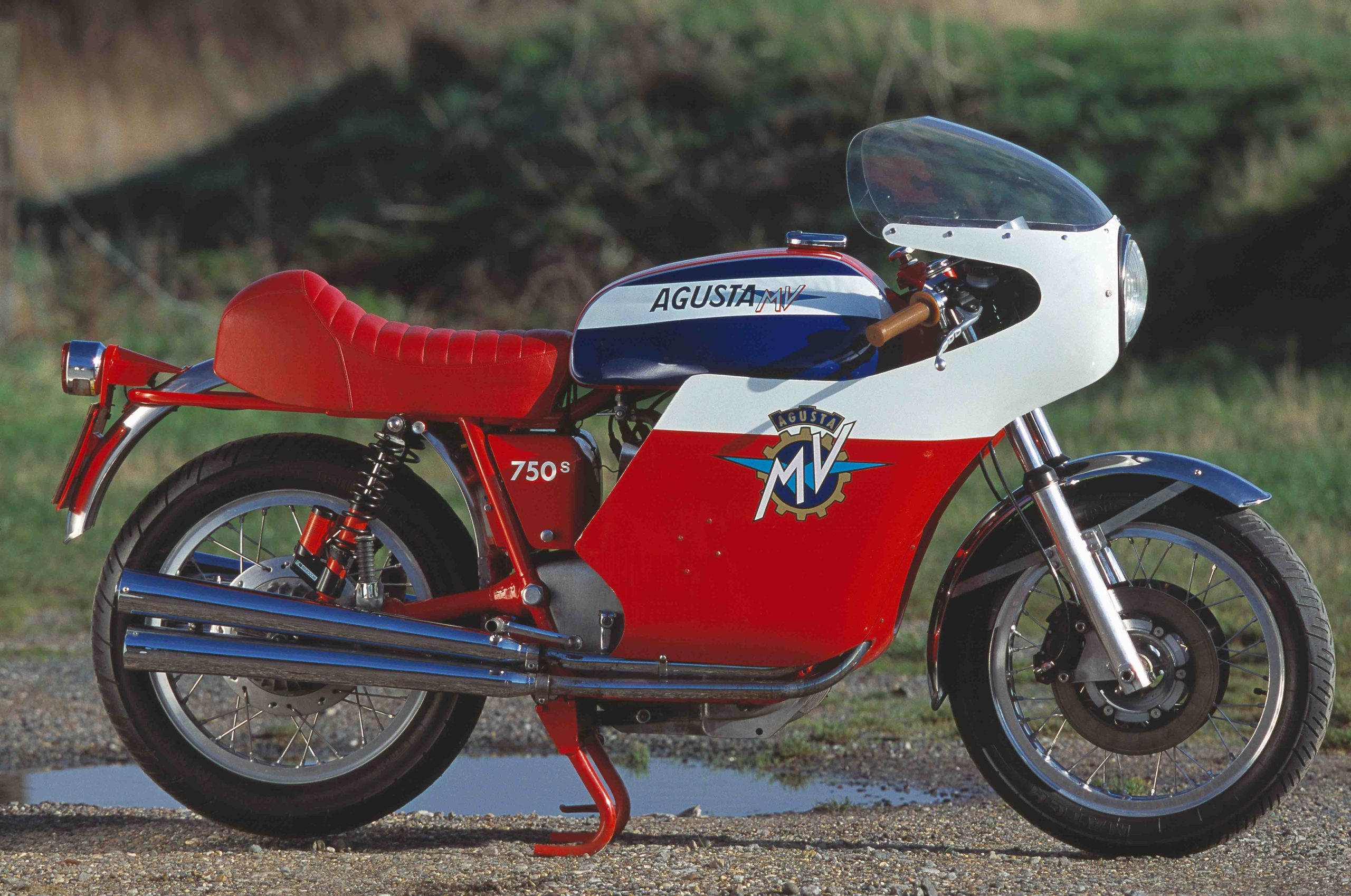Afraid of buying a car from an auction? Fear not, says Richard Barnett.
There’s no getting away from just how much the classic auction scene has grown in the past 10 or so years, with the last five years seeing more companies coming in (and many leaving) and established businesses adding more sales to their calendar.

It’s a sign of those businesses’ confidence in the market, but also that plenty of would-be owners are seeing auctions as the place to source the car they want. Yet for all those enthusiasts who buy at auction, there are plenty who don’t, put off for a variety of reasons.
In the past classic auctions were much like a farmers’ mart – a closed shop that only attracted the trade or those who really knew their classic onions. It was, to many enthusiasts, a place to be avoided, the closed-shop air ensuring those there for their first classic auction experience would probably never go again.
But is that the case today? Are enthusiasts worried about buying a classic at an auction? Or are they denying themselves the opportunity of really getting the car of their dreams, without the bother of going to a dealer or the embarrassment of going to a private seller’s home?
Auctions have become way more enthusiast friendly – from descriptions to locations to quality of catalogues and catering, sales are more geared-up to meet greater buyer (and seller) expectations. And the previous, (misguidedly thought) ‘shady’ image, is now something of the past.
“I find that honesty is the best policy. If people want to buy a car that they can take for a test drive, get up on a ramp for a full inspection, and have the security of a warranty, then I will tell them that an auction isn’t the place for them. But if they want all of those things, they will have to go to a dealer, and they will have to pay a much higher price,” says Barons’ auction manager, Tim Gascoigne.
He says that while there are those who will never buy from an auction, others will: “Auctions can be a risk, but you can pick up some real bargains at much lower prices than retail or even private sales. At Barons we can start the engines for our customers, and as we have to drive the cars into the hall when we are setting up, we are normally in a position to advise on how the cars are mechanically.”
“We also have members of the team who have many years of experience of working on, building and restoring classic cars, so we have the expertise to offer honest assessments on condition of the cars in our sale.”
The influence of the internet has meant auctions have more coverage than in pre-‘www.’ days, which can help a would-be owner bag the car they want, but which is on offer a few hundred miles away.
“The internet has opened up the market place. If you are looking for a particular car or specification the chances of finding this car at your local garage is unlikely so you have to accept there will be an element of travel, costing time, effort and money or, you speak to the auctioneer to get the information you need,” says Charterhouse’s Richard Bromell.
“Multiple images of the car are a good aid to get buyers bidding with confidence. We always photograph the good bits and also the bad bits, regularly emailing at least 20-30 digital images. Notes detailing service history and bills for works carried out are also mentioned. Much of this is communicated via email, but we also speak to many people. Letting them know how the car was stored and whether it was driven or trailered to the auction are more snippets of information they can use to make a decision on whether to bid or not.”
A few auctioneers (ACA, Brightwells and SWVA) drive cars through, so not only can buyers hear the engine running, they can look for smoke and check the dashboard for warning lights, the latter being more important when it comes to buying a modern classic. But when it comes to sales where cars aren’t driven through it’s a case of asking the auctioneer to start the engine and listening carefully. And, at the same time, having a good look underneath, under the bonnet and inside, lifting the carpets if possible.
“At DVCA a potential buyer can have the vehicle started and hear the engine running during viewing times,” says boss Brian Chant. “They can also arrange for a mechanic friend or professional to carry out an inspection during viewing times. They can study the history file at their leisure and talk to the management regarding the vehicles.”
Even the most knowledgeable enthusiast might still be a tad jittery buying from an auction, but with the majority of auctioneers working to make buying easy and instilling customer confidence, interest uptake remains strong and in many cases an auction might offer the only opportunity to buy a particular car.
Tim Gascoigne, Barons: “Descriptions also have to be correct and accurate, so this gives buyers confidence. If a car is described as having ‘a very good engine that works perfectly,’ and then it turns out that the bottom end has gone, the buyer would be in a position to ask for their money back from the vendor.”
There’s a similar tack with Charterhouse’s Richard Bromell, who says classic car auctions are continuing to change for the better: “As professional auctioneers, long gone are the days of tucking people up with pups. We are all in it for the long term, building relationships with both buyers and sellers.”
“Moving forward, buyers are bidding with confidence because of the information they receive. It is also becoming “normal” to buy an item online without leaving the comfort or your armchair.”
Hagerty’s Top Tips for Buying at Auction
-Ring the auction house in plenty of time and find out as much about the car as you can.
-Look through the documents carefully on the day.
-Inspect the car, or get someone you know and trust to check it over for you. What they are able to do will vary auction to auction. Check with the staff.
-Research values using the Hagerty Valuation Tool to find out what the car should sell for.
-Set your own limit and don’t overbid.
-Enjoy your classic!
Selling your car? Read our handy guide to selling your classic car at auction.


